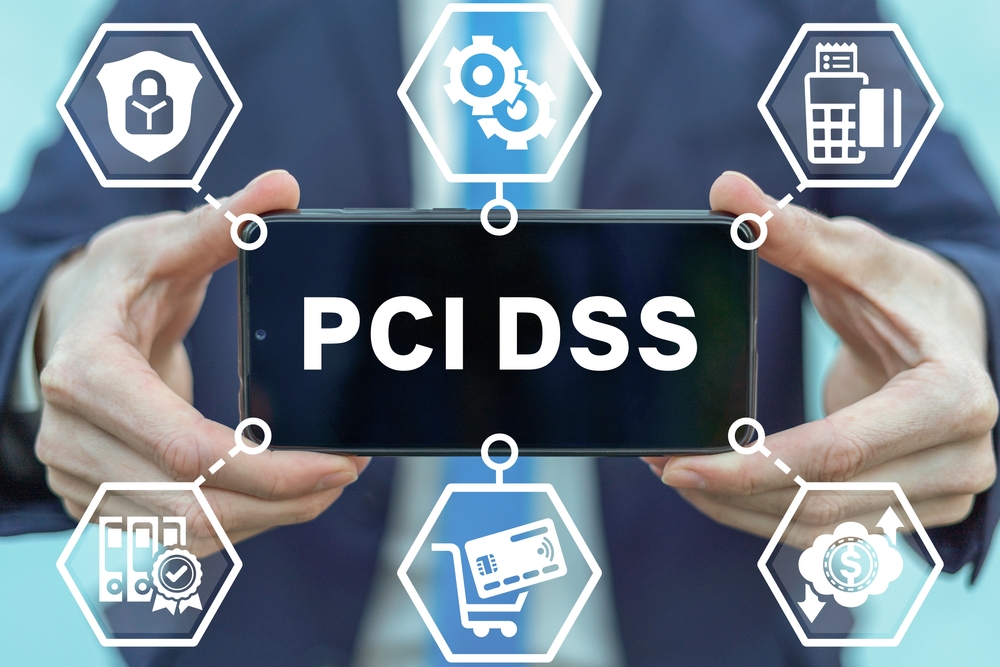What PCI Compliance Certification Means For Your Online Shopping Security

The rising dependence on digital channels in the event of money transactions accentuates the importance of secure payment systems. Nowadays, from buying any product over the website to getting services subscribed, the consumers give their sensitive payment data to businesses, making data security a non-debatable facet of e-commerce. This PCI compliance certification is at the center of this framework, an essential factor in providing cardholder information protection and maintaining the integrity of digital transactions.
What is PCI Compliance Certification?
PCI compliance certification refers to following the standards established by the Payment Card Industry Data Security Standard (PCI DSS). These standards have been developed by the major credit card companies to achieve security in card transaction processing and to minimize the incidence of data breaches. Any business that stores, processes, or transmits cardholder data is subject to these standards, and they apply to entities regardless of the size of the organization or the sales volume.
The certification is obtained after rigorous assessments of an organization's IT infrastructure, security policies, and operational processes. It completely confirms all requirements prescribed to achieve PCI compliance certification and signifies the company's commitment to safeguarding customer data.
Key Components of PCI DSS Compliance Certification
To comprehend how online shopping security is supported using PCI DSS compliance certification, it is important to understand the major conditions that it come with. The relevant requirements appear around 12, which are structured under 6 broad categories:
1. Build and Maintain a Secure Network and Systems
Install and maintain a firewall configuration to protect cardholder data, as well as secure passwords and password protocols.
2. Protect Cardholder Data
Requirements of encryption when travelling across open networks, as applicable to cardholder data storage when necessary.
3. Maintain a Vulnerability Management Program
Antivirus software used regularly and timely application of security patches would mitigate threats.
4. Implement Strong Access Control Measures
Access to sensitive data must be restricted based on job relevance. Each user must have a unique ID, and physical access to cardholder data must be controlled.
5. Monitor and Test Networks
Regular testing of security systems and constant monitoring of network access points are critical to identifying and responding to anomalies.
6. Maintain an Information Security Policy
Organizations must implement a formal security policy that addresses information protection for both employees and contractors.
How PCI DSS Compliance Certification Safeguards Consumers
PCI DSS compliance certification directly enhances consumer trust and ensures a secure shopping environment. When a business complies with these standards, it minimizes the risk of data breaches, fraud, and identity theft for customers.
Data Encryption and Secure Transmission
Online shoppers are most vulnerable when their card information is transmitted over the internet. The certification mandates strong encryption protocols that ensure customer data remains unreadable if intercepted.
Reduced Risk of Cyberattacks
Certified businesses must regularly monitor and test their systems. This proactive approach helps identify potential vulnerabilities before they can be exploited, offering customers a safer shopping experience.
Accountability and Transparency
Companies that maintain PCI DSS compliance demonstrate operational integrity and accountability. This boosts customer confidence, as they know the business adheres to strict security guidelines designed to protect their interests.
The Broader Implications for E-Commerce
In today’s digital economy, data breaches not only result in financial losses but also damage a company’s reputation. Businesses that ignore the necessity of PCI compliance certification risk legal penalties and loss of customer trust.
With increasing regulations around data privacy and protection, compliance is no longer optional. It has become a critical differentiator in the market, influencing consumer choice and long-term brand loyalty.
Moreover, the rise of cross-border e-commerce adds another layer of complexity. Businesses operating globally need to meet the PCI standards uniformly across all regions to maintain a consistent level of security for their international customers.
Conclusion
The importance of PCI compliance certification in protecting online shopping transactions cannot be overstated. As cyber threats continue to evolve, businesses must adopt a security-first mindset backed by established frameworks like PCI DSS. These standards not only protect sensitive customer information but also contribute to the long-term credibility and reliability of digital businesses.
For consumers, shopping from a PCI-compliant business means their payment information is being handled with the highest level of security and care. This assurance plays a vital role in today’s trust-driven marketplace.
As a leading information security services company, Panacea Infosec empowers businesses to achieve and maintain PCI DSS compliance certification, enabling them to offer secure, compliant, and customer-centric digital experiences.
Note: IndiBlogHub features both user-submitted and editorial content. We do not verify third-party contributions. Read our Disclaimer and Privacy Policyfor details.


